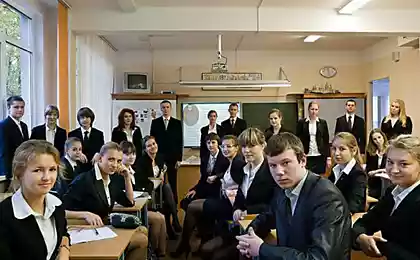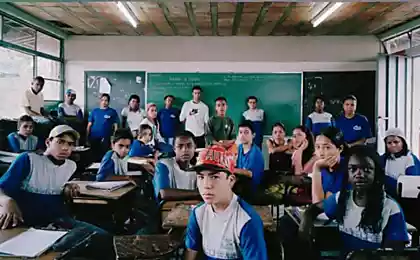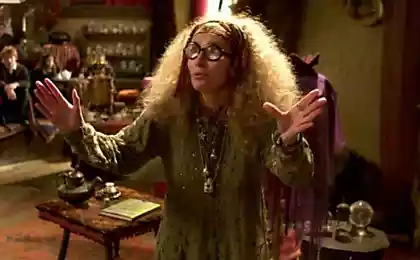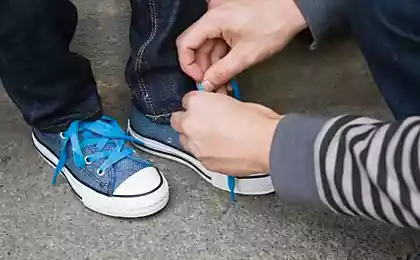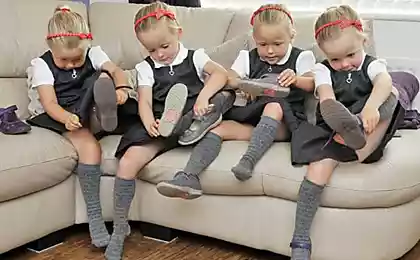171
What almost all Soviet schoolchildren were able to do by the age of 10, unlike modern children
My son is 10 years old and I look at him and I get scared. He's totally unfit for life. He is sure that his duties are only to attend school and please his parents. If you ask to clean a room or wash dishes, you will hear 33 reasons why it is difficult to do. Modern children with gadgets have no idea. what is a household.

I think of myself at his age. No one told me to clean my room. Not to mention the fact that washing dishes and watering indoor flowers have long been part of my duties. We were raised differently. We were prepared for adulthood in advance. In fact, we were already independent, because our parents were at work all the time, and we belonged to ourselves. But we clearly knew that by the arrival of parents from work lessons should be done, bread bought, dishes washed. Sometimes cooking dinner was a real thing.
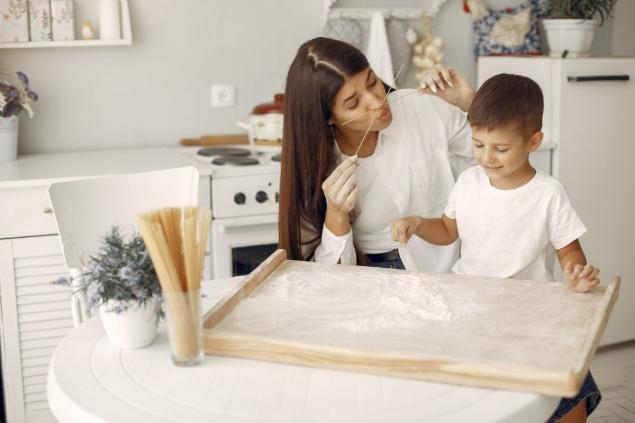
Today there are many methods of raising children, so as not to violate their personal boundaries and not to injure their psyche. Psychologists from each iron broadcast how to work out childhood injuries and what parents are to blame for. My generation has nothing to blame for my parents. They worked and provided us with essentials. And these things included bicycles, skates, and various sports equipment. The school had a huge number of circles for every taste. After school, life continued to boil, everyone ran to the teacher for help or advice.
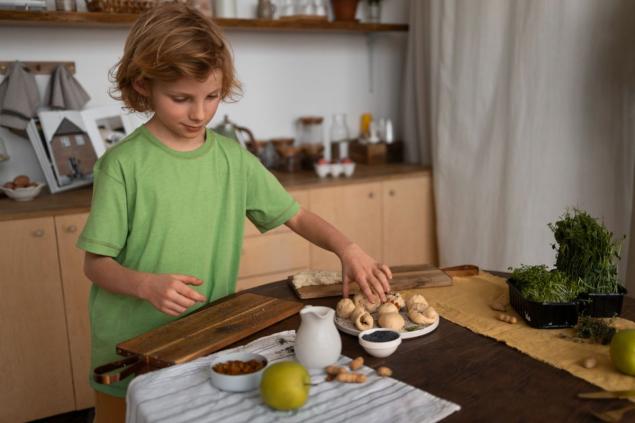
Since elementary school, we have had household lessons. Both girls and boys were taught to cook, sew, embroidery. We started with simple things. We were separated in high school. And the boys learned to cut, solder, practiced in lathe business. To make a stool, cutting board mom on March 8, we could without the help of adults. The girls learned to cook and at the end of the lesson they treated the children to cooked dishes. They could safely not only sew a button, but also sew an apron or nightgown for themselves. Learned to knit scarves, gloves and socks. We discussed our achievements and shared our experience.
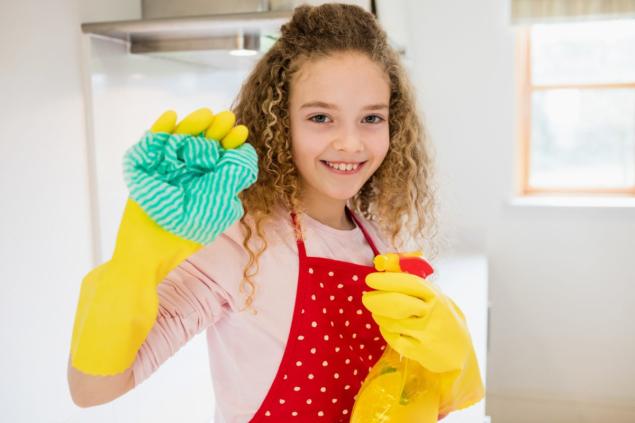
We weren’t bored, even though we didn’t have the internet and phones. We talked in school, in the yard. Everyone from young to old played together, boys and girls. We did not divide each other according to the social status or financial situation of our parents. We were all the same and learned to make the world a better place. In spring they built birdhouses, in winter feeders. We rode with a gurney from a slide on a sled, and in the spring on bicycles. We were not afraid in the store to contact the seller, and in the clinic to the nurse in the registry.
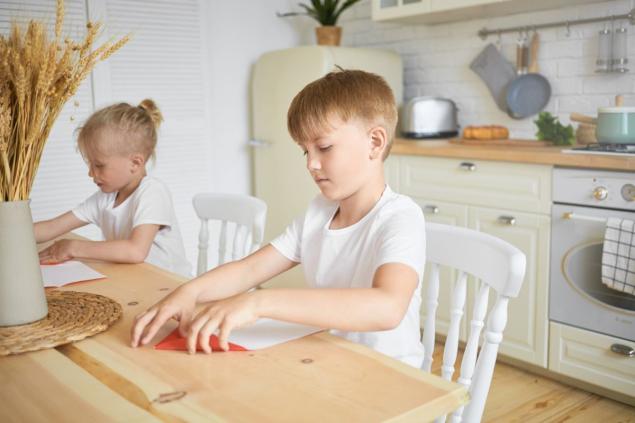
My parents didn’t know how I was at school. At the end of the quarter, a score sheet was brought home. We discussed which items to pull up, and where so good. The diary always recorded homework, books and notebooks neatly wrapped. The word "teacher" was not pronounced at all, and no one knew who it was. Everyone tried to learn, perform their duties and help their parents. No reminders on the phone, no motivation from psychologists, coaches and mentors. We just knew there were words like "should" and "should." They knew what a household was. They did not make excuses, wasting time.

I think of myself at his age. No one told me to clean my room. Not to mention the fact that washing dishes and watering indoor flowers have long been part of my duties. We were raised differently. We were prepared for adulthood in advance. In fact, we were already independent, because our parents were at work all the time, and we belonged to ourselves. But we clearly knew that by the arrival of parents from work lessons should be done, bread bought, dishes washed. Sometimes cooking dinner was a real thing.

Today there are many methods of raising children, so as not to violate their personal boundaries and not to injure their psyche. Psychologists from each iron broadcast how to work out childhood injuries and what parents are to blame for. My generation has nothing to blame for my parents. They worked and provided us with essentials. And these things included bicycles, skates, and various sports equipment. The school had a huge number of circles for every taste. After school, life continued to boil, everyone ran to the teacher for help or advice.

Since elementary school, we have had household lessons. Both girls and boys were taught to cook, sew, embroidery. We started with simple things. We were separated in high school. And the boys learned to cut, solder, practiced in lathe business. To make a stool, cutting board mom on March 8, we could without the help of adults. The girls learned to cook and at the end of the lesson they treated the children to cooked dishes. They could safely not only sew a button, but also sew an apron or nightgown for themselves. Learned to knit scarves, gloves and socks. We discussed our achievements and shared our experience.

We weren’t bored, even though we didn’t have the internet and phones. We talked in school, in the yard. Everyone from young to old played together, boys and girls. We did not divide each other according to the social status or financial situation of our parents. We were all the same and learned to make the world a better place. In spring they built birdhouses, in winter feeders. We rode with a gurney from a slide on a sled, and in the spring on bicycles. We were not afraid in the store to contact the seller, and in the clinic to the nurse in the registry.

My parents didn’t know how I was at school. At the end of the quarter, a score sheet was brought home. We discussed which items to pull up, and where so good. The diary always recorded homework, books and notebooks neatly wrapped. The word "teacher" was not pronounced at all, and no one knew who it was. Everyone tried to learn, perform their duties and help their parents. No reminders on the phone, no motivation from psychologists, coaches and mentors. We just knew there were words like "should" and "should." They knew what a household was. They did not make excuses, wasting time.
What intimate secret of her husband Lyubov Orlov kept all her life
Icons can be placed in almost any room, but there are places in the house where they are superfluous.




